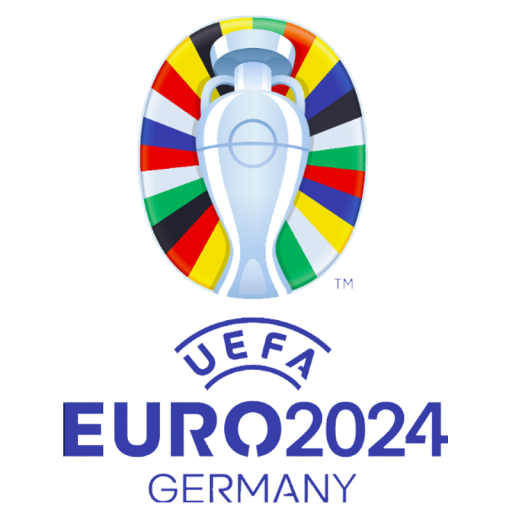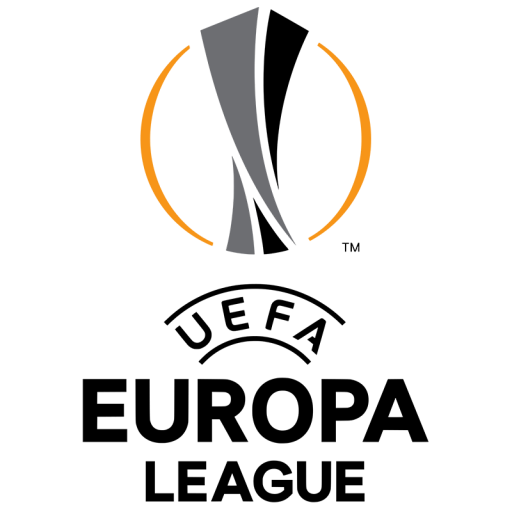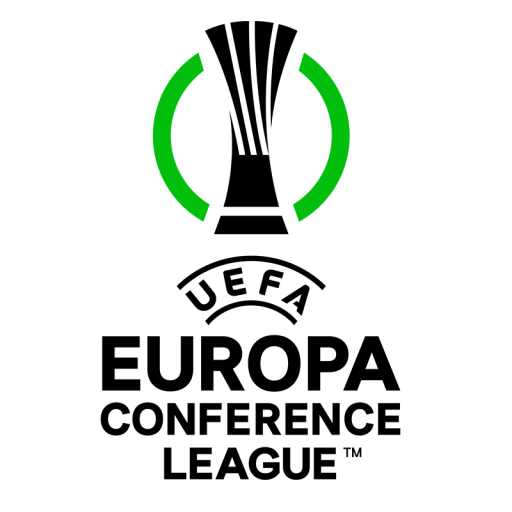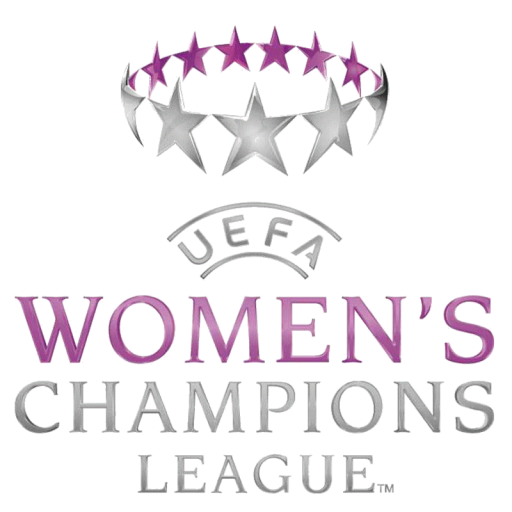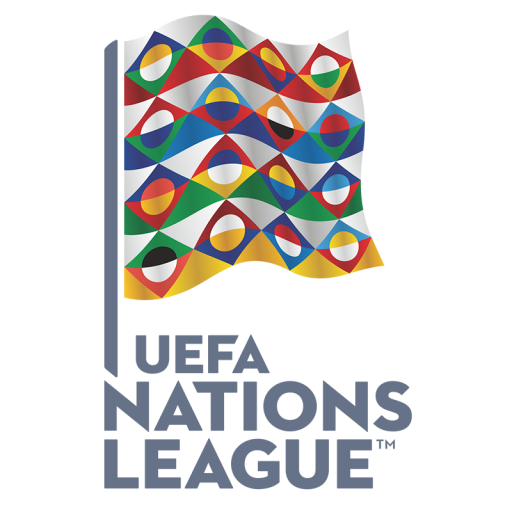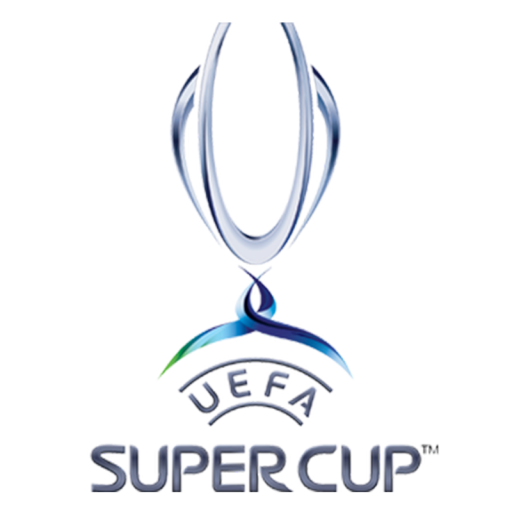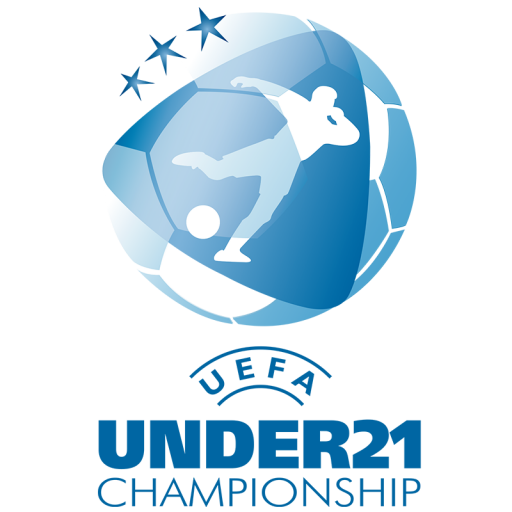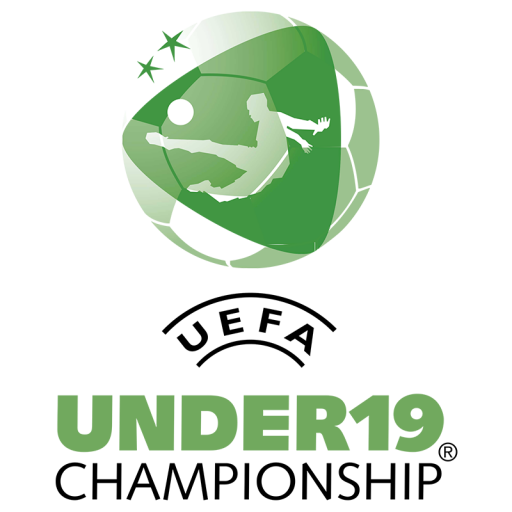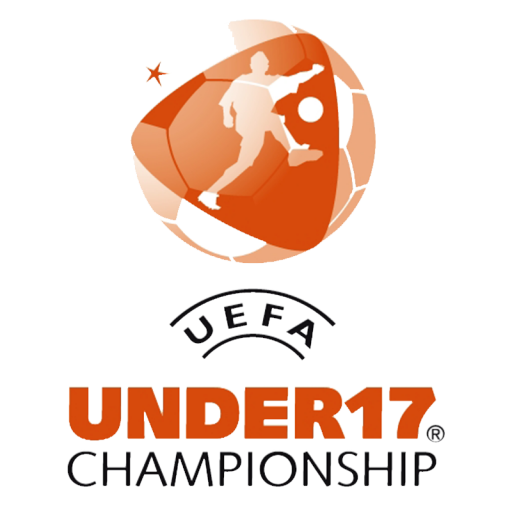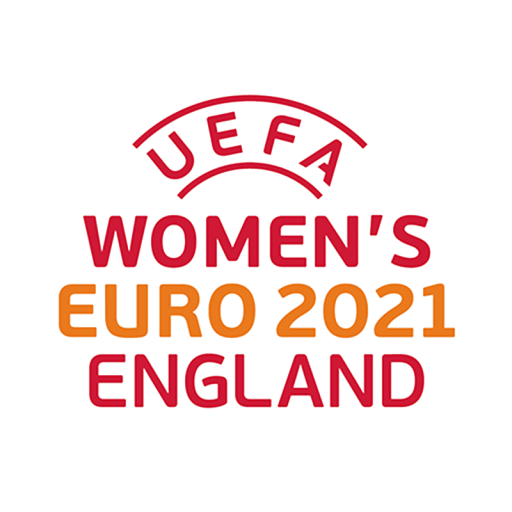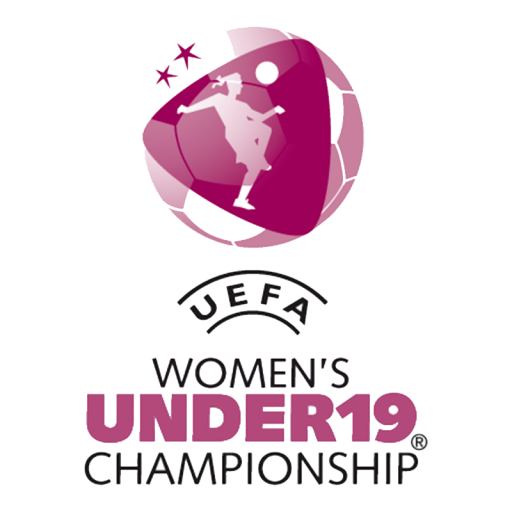UEFA European Competitions
European football competitions
European Football Associations Competitions
When it comes to football, Europe is home to some of the most prestigious and competitive tournaments in the world. The Union of European Football Associations (UEFA) governs these competitions, which bring together the best clubs and national teams from across the continent. From the high-octane excitement of the UEFA Champions League to the prestigious UEFA European Championship, these tournaments have shaped the landscape of football globally. Let's dive into the world of UEFA European football competitions and explore their rich histories and lasting impacts.
UEFA Champions League
History and Evolution
The UEFA Champions League, originally known as the European Cup, was established in 1955. It has since evolved into the premier club competition in European football. The tournament features top clubs from UEFA member associations, competing in a group stage followed by knockout rounds leading to the final.
Format and Structure
The Champions League starts with a qualification phase, followed by a group stage consisting of 32 teams. These teams are divided into eight groups, with the top two from each group advancing to the knockout stage. The competition culminates in a highly anticipated final, where the champion is crowned.
Notable Moments
- Real Madrid's dominance in the early years, winning the first five editions of the tournament.
- Liverpool's miraculous comeback against AC Milan in the 2005 final, often referred to as the "Miracle of Istanbul."
- Barcelona's triumphant 2009-2011 period, showcasing their famous tiki-taka style of play.
UEFA Europa League
Overview
The UEFA Europa League, formerly known as the UEFA Cup, is the second-tier club competition in European football. Established in 1971, it offers clubs that didn't qualify for the Champions League a chance to compete on an international stage.
Format and Structure
The Europa League features a group stage followed by knockout rounds, similar to the Champions League. The winner earns a spot in the following season's Champions League, adding an extra layer of incentive for participating clubs.
Significant Achievements
- Sevilla's record six titles, highlighting their consistency in the competition.
- Atlético Madrid's impressive performances, securing multiple titles in recent years.
- Manchester United's 2017 victory, marking their resurgence on the European stage.
UEFA European Championship (EURO)
History and Significance
The UEFA European Championship, commonly referred to as the EURO, is the premier national team competition in Europe. Established in 1960, it brings together the best national teams to compete for the title of European champions.
Format and Structure
The EURO features a qualification phase, followed by a tournament phase with a group stage and knockout rounds. The competition takes place every four years, alternating with the FIFA World Cup.
Memorable Moments
- Denmark's fairy-tale victory in 1992, having been invited to the tournament only after Yugoslavia was disqualified.
- Greece's stunning triumph in 2004, defying all odds to win their first major international trophy.
- Spain's dominance from 2008 to 2012, winning back-to-back EURO titles and the 2010 World Cup.
UEFA Nations League
Introduction and Purpose
The UEFA Nations League is a relatively new competition, introduced in 2018. Its aim is to replace friendly matches with competitive fixtures, providing more meaningful games for national teams.
Format and Structure
The Nations League features a league phase with groups of four teams, followed by playoffs. Teams are divided into four leagues (A, B, C, D) based on their UEFA ranking, with promotion and relegation between leagues.
Impact on International Football
The competition has been well-received for its competitive nature and has provided smaller nations with more opportunities to play against top teams, improving their overall standard of play.
UEFA Women's Competitions
UEFA Women's Champions League
The UEFA Women's Champions League is the premier club competition for women's football in Europe. Established in 2001, it has grown in popularity and prestige, showcasing the best talent in women's football.
Format and Structure
The competition features a knockout format with a group stage introduced in the 2021-2022 season. Top clubs from across Europe compete for the title, with the final being a highlight of the women's football calendar.
UEFA Women's EURO
The UEFA Women's EURO is the premier national team competition for women's football in Europe. Held every four years, it brings together the best national teams to compete for the title of European champions.
Impact on Women's Football
The Women's EURO has played a crucial role in promoting and developing women's football across Europe, providing a platform for the sport to grow and flourish.
Conclusion
From the iconic UEFA Champions League to the prestigious UEFA European Championship, UEFA's competitions have a profound impact on the world of football. These tournaments not only showcase the best talent in Europe but also contribute to the development and growth of the sport globally. As fans, we are privileged to witness the excitement, drama, and history that these competitions bring to the beautiful game.
FAQs
What is the most prestigious club competition in Europe?
The UEFA Champions League is widely regarded as the most prestigious club competition in Europe, featuring the top clubs from UEFA member associations.
How often is the UEFA European Championship held?
The UEFA European Championship, commonly known as the EURO, is held every four years, alternating with the FIFA World Cup.
What is the purpose of the UEFA Nations League?
The UEFA Nations League was introduced to replace friendly matches with competitive fixtures, providing more meaningful games for national teams and improving the overall standard of international football.

